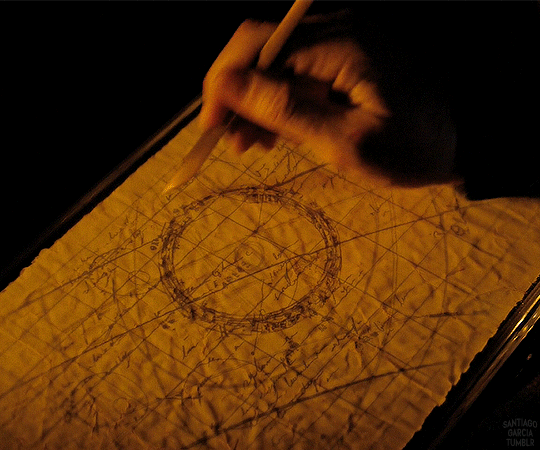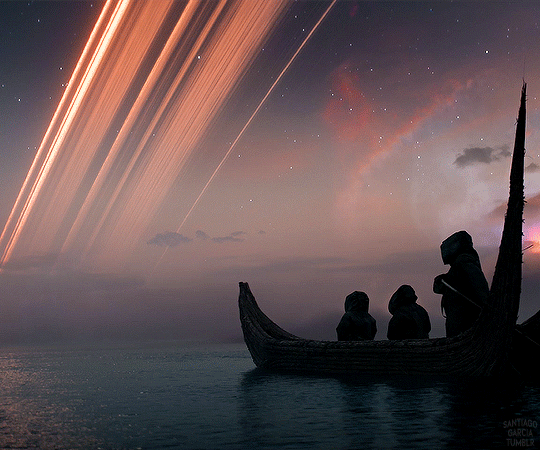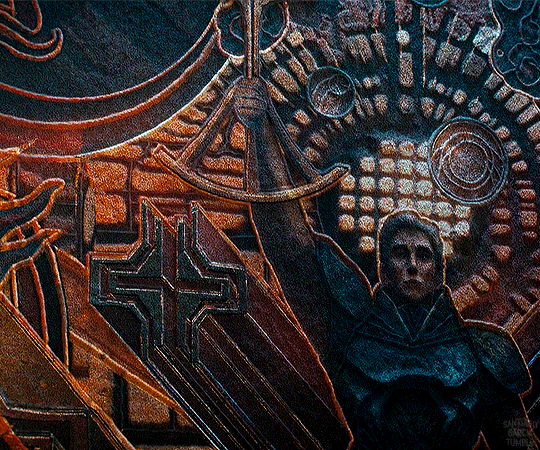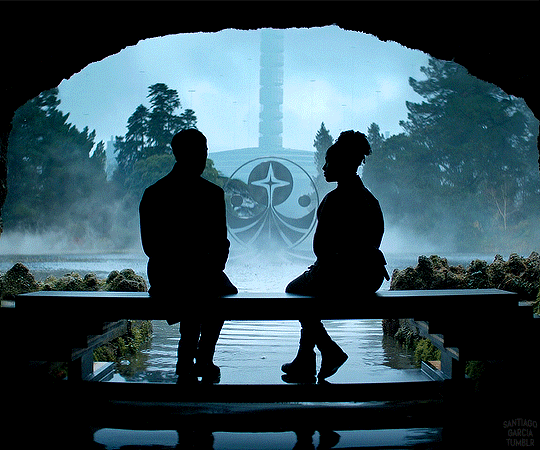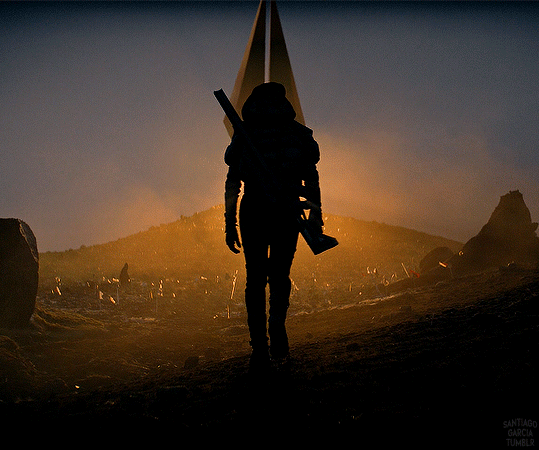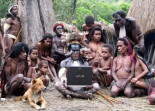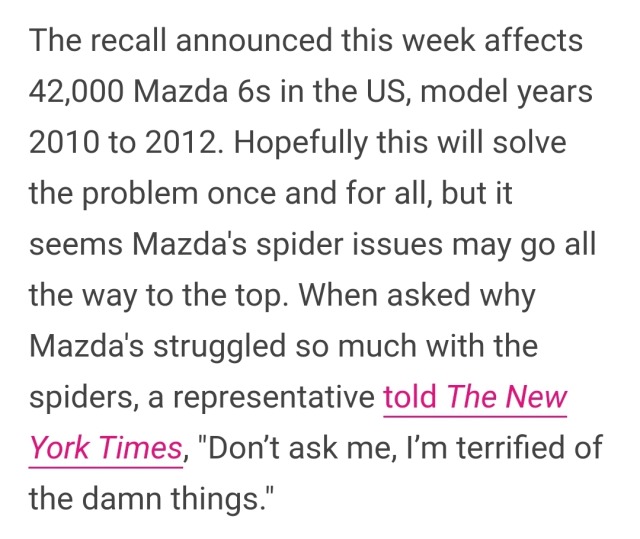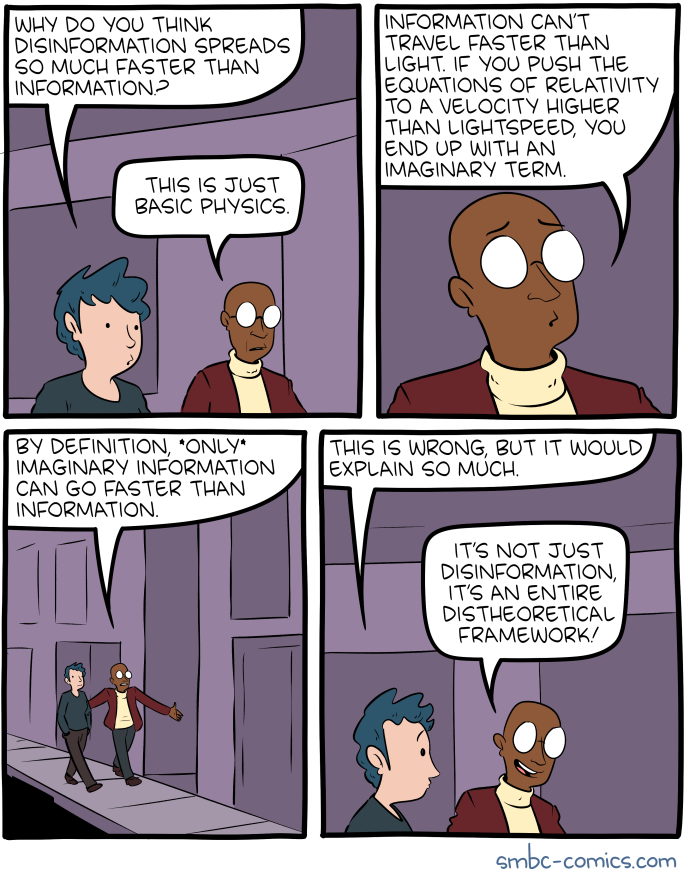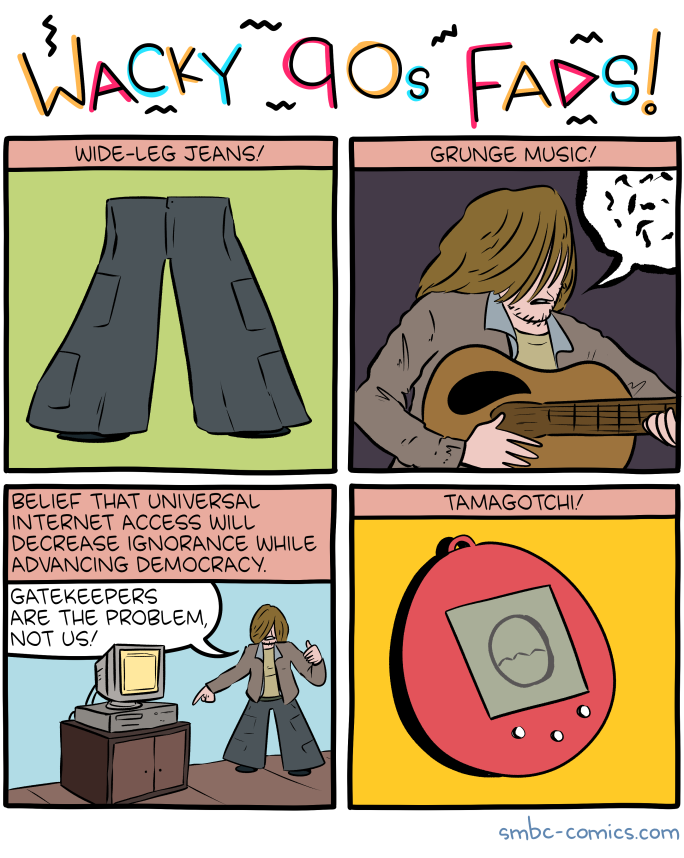
How do you adapt Isaac Asimov's "Foundation"? You can't.
As written, the novel (and its sequels and prequels) aren't just impenetrable — they're downright un-cinematic. Asimov may have liked writing scenes about men sitting in rooms, having long conversations about societal downfalls and monumental events that have, will, or could happen, but it's hard to imagine a story more ready to die on a screen. It's is a series of novels where people tend to talk about action instead of engaging in it.
So, once again, how do you adapt Isaac Asimov's "Foundation"? You don't. You remix it. You open it up and search the underside of the legendary science fiction writer's heady ideas, finding the character (and the drama and the action and the sex) hidden between the notions of history, science, and philosophy. And you make a TV show about that.
So here we are, with the new "Foundation" TV series premiering this week on Apple TV+, which owes as much to "Game of Thrones" as it does to the most influential sci-fi writer of the 20th century. It's not Asimov's "Foundation" because it cannot be that. But it is the world of those novels reinvented for an audience who already proved willing to learn the great houses of Westeros, to showcase tremendous patience across an often-methodically paced season that doles out enough sex and violence to keep your attention as the many rules of a complex universe come into focus.
And it works.
The End Is Nigh

To describe the plot of "Foundation" is to realize why adapting it was such a headache.
Mathematician Hari Seldon (Jared Harris) — a citizen of a galactic republic that sprawls across the known universe in a distant future where humanity has spread across hundreds of planets and created countless subcultures — looks at the numbers and sees the end of the world. Or rather, the end of the empire, and the civilization(s) it protects and dominates. His creation, mathematical equations that predict the future with eerie accuracy (dubbed "psycho-history"), gains traction. Those in power take notice, and they're not happy. After all, Hari says the empire will collapse, many lifetimes from now. But if they build the right infrastructure, they can shorten the impending dark age, allowing their distant, distant descendants the chance to build anew.
The resulting narrative first spans decades. And then centuries. And then many centuries. When you watch "Foundation," you learn to thrill at titles telling you "400 years earlier," "19 years later," and so on. The timeline here is a hoot.
It's heavy. It's a lot. And yes, this is a series about preparing for the distant apocalypse because it's too late to save the current infrastructure. Asimov wrote his first "Foundation" story in the 1940s, long before anyone could've seen the world seemingly crumbling in the midst of climate change and a global pandemic. Watching Hari, a man defined by hard facts and numbers, fail to earn the ear and support of those in charge hits hard. And Harris gives the character the same dignity he gave his Soviet scientist in HBO's "Chernobyl." He's become the go-to actor to play intelligent men who stand their ground in the face of powerful foes who bury their heads in the sand.
The subtext floats just above the surface, frequently emerging from below the waves to make its point clear. "Foundation" wants you to know what it's all about. It's science fiction as a call to action, about it not being too late.
A Massive Universe

While the show orbits around Hari and his ideas (and Harris is a strong enough actor to anchor the show's premise), showrunner David S. Goyer and his writers offer many other windows into this universe. There's Gaal Dornick (Lou Llobell, shouldering the weight of a POV character with an appealing, low-simmering rage), a math wiz who flees persecution on her religious planet to work alongside Hari and gets more than she bargained for. There's Salvor Hardin (Leah Harvey, enough angst and earnestness to win our instant affection), a "warden" (think space cop) on an isolated planet who lives decades in the future and whose plot ultimately intersects with the other storylines as the action shifts back and forth across the years.
These characters represent the canniest departure from the original text. The almost entirely male cast of the books has been largely gender-swapped, with people of color filling out key roles and numerous supporting characters. It's easy to imagine a certain subset of science fiction fan rolling their eyes at the "wokeness" of this choice, but it's a creative choice that pays dividends.
The result of this casting is a universe that feels modern, sprawling, and, you know, vast. A single frame of "Foundation" suggests a galaxy so sweeping, so filled with different cultures, that you can't help but get lost in it. (It helps that the show is downright lavish, and Goyer and his directors making fine use of Apple's Scrooge McDuck money to make it all look appropriately cinematic.)
The Pace Of It All
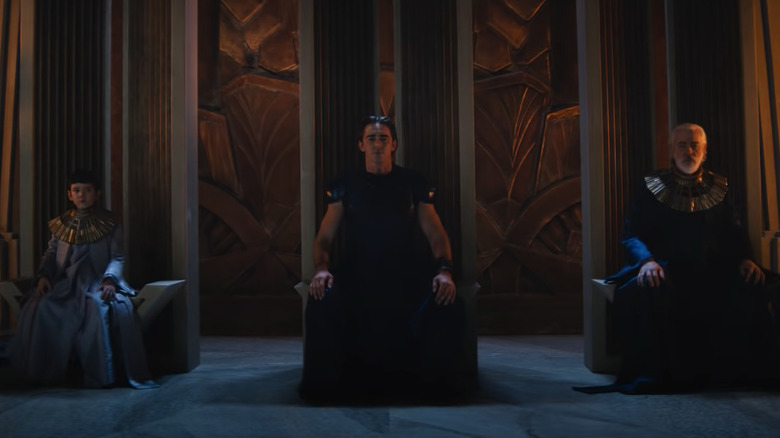
Llobell and Harvey are the audience's way into the story, our eyes and ears as the scripts introduce us to the rules of this world. So leave it to Lee Pace to find all of the remaining scenery and place it firmly between his teeth. The "Guardians of the Galaxy" actor is perfectly cast as Cleon, the literal emperor of the galaxy, his deep voice and intimidating build (and his opulent costumes, a standout in a series filled with inspired looks for every character) making him look and feel like a marble sculpture of a Roman god come to life. And Pace doesn't just play one character, but several — his emperor is the latest in a generation of clones, all descended from the same ruler who decided to literally keep the empire in his hands.
He rules alongside the older clone who came before him and the young clone who will take the throne when he ages, leading to a sinister and fascinating triumvirate. Pace shares the role with Cassian Bilton, Terrance Mann, and Cooper Carter, and their combined performances form a magic trick — you watch as the years pass and Carter's Cleon takes the place of Pace's Cleon, and Pace's Cleon is then played by Mann, before cycling through again. Tracking the Cleons could've been a nightmare, but it ends up being the show's most satisfying and strange narrative. An extended prologue in episode three explores what happens to an aged Cleon clone, and it's the kind of mesmerizing short story that defines the best episodes of "Foundation" so far.
The series is at its best when it finds these diversions and indulges itself. This universe is massive, and the show wants us to live in it.
Breaking The Gateway

If it sounds like I'm dodging a lot of plot here, well, I am. Part of that is knowing how the season unfolds (I have seen the first eight episodes of the 10 episode season) and not wanting to spoil it. But most of it, honestly, is because "Foundation" is at its best when it plants its feet in a single location for a bit and lets these characters exist in this rich, detailed universe.
Looking nothing like "Star Wars" or "Star Trek" or "Battlestar Galactica," "Foundation" feels designed from a fresh place, pulled out from a corner of the imagination not yet mined. There are some familiar shades here and there (the Roman Empire in Cleon's court, the video game "Destiny" on Terminus), but it mostly feels fresh, like when we first started watching "Game of Thrones" and realized, so quickly, this wasn't Tolkien's fantasy world. It was something new.
Asimov purists will scoff, and that's their right. "Foundation" is full of gunfights and burning romance, dramatic plot reveals and sexy actors allowed to be sexy. It pauses to philosophize, but it also pauses for big, violent action and swimming pool make-out sessions. This isn't Asimov. This is the unsaid stuff between the chapters of Asimov that he probably thought too lurid, too pulpy, too simple.
But I'm reminded of how Peter Jackson approached his "Lord of the Rings" films. That trilogy isn't J.R.R. Tolkien. It's Tolkien and "Dungeons & Dragons" and thousands of pieces of art inspired by the original work and countless hours of dreaming about what Middle-earth looks like. Those movies, masterpieces all of them, built a personal, accessible vision of a complicated world. It took something tricky and made it for everyone. "Foundation" has similar gateway-demolishing goals.
It's Not Asimov – And That's Okay
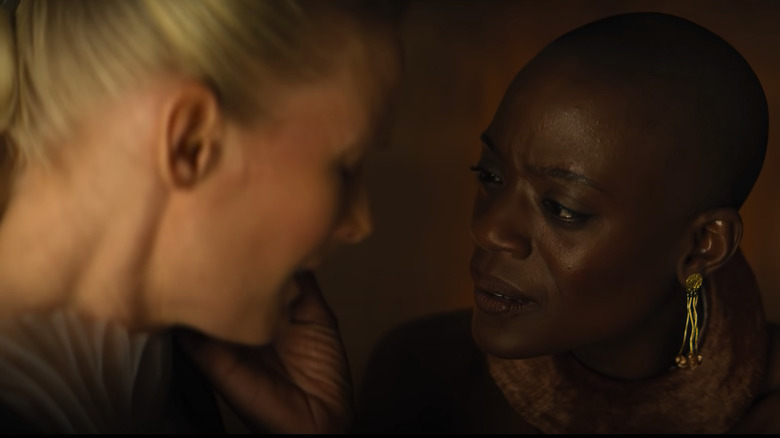
I won't say "Foundation" is a masterpiece. It shares that "Game of Thrones" scope, but also its weaknesses, spinning wheels in the middle of the season to maneuver characters into place for a series of climaxes. Episodes blend into one another, and it's tough to recall which episode is which, a weakness common in the age of streaming and binge-watching. It's easy to imagine a tighter season, a more disciplined structure, that tightens the water-treading. It's ironic that the core storyline is the one that sometimes drags, while the subplots and asides are the ones that resonate.
"Foundation" has been reinvented as something more accessible, more vibrant, more action-driven, sexier, and yes, more fun in the traditional sense of the word.
Asimov purists will cry foul. The rest of us will enjoy the ride.
Read this next: Foundation Was Considered Impossible To Adapt – Here's How David S. Goyer Did It [Interview]
The post Foundation Review: A Science Fiction Classic Finds Bold New Life appeared first on /Film.




